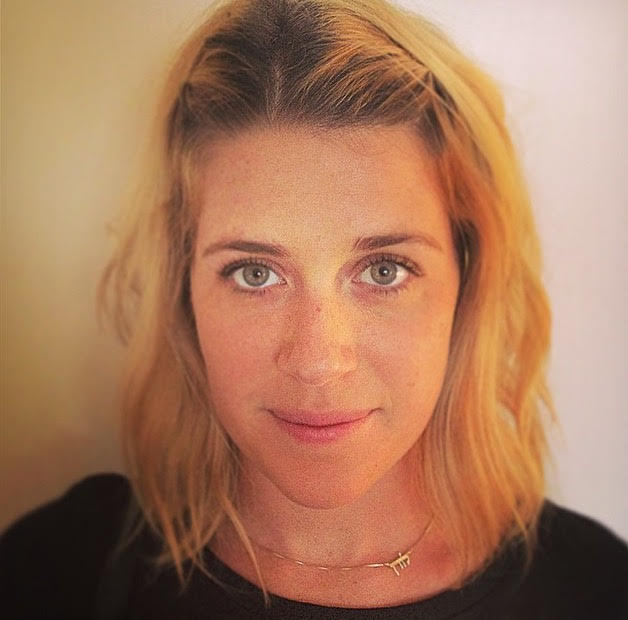We’re here to offer some tips that—in our experience—will help you confidently conquer an interview. Here are ten universal techniques for mastering the job interview, regardless of what industry you’re in:
1. Memorize a personal introduction.
Write down a three- to four-sentence introduction for yourself, including your interests and skills, and memorize it. Don’t be afraid to practice in front of the mirror or grab a friend to give you feedback. When you are introduced at the interview and need to talk “a little bit about yourself,” your personal summary will come out more naturally.
2. Block off time for interview practice.
If you have friends who are recruiters or have experience interviewing people, ask them to conduct a few mock interviews with you. For tech interviews specifically, it’s vital that you practice whiteboard interviews, because you’ll likely be asked to demonstrate your technical prowess on a whiteboard. If you haven’t practiced writing code prior to your interview, you’ll be noticeably slow under pressure, and a few practice sessions will go a long way.
During the interview, it’s okay to ask questions for clarification, and keep in mind that it doesn’t have to be perfect in the beginning—you can work on optimization and improving efficiency as you go.
Cracking the Coding Interview continues to be the go-to resource for technical interviews. Also, Interview Cake will show you tricks to quickly solve coding challenges you’ve never seen before. Solving their 43 algorithm problems and going through each of them step-by-step will be helpful as you prepare for an interview.
3. Look sharp.
Looking your best will demonstrate how seriously you take software development. At the end of the phone screening process, ask your recruiter directly about the office dress code; ‘business casual’ denotes ironed slacks/skirt, button-up shirt, and dress shoes.
4. Introduce yourself (and smile!).
As soon as anyone walks into the interview room, immediately stand up, offer a handshake, and introduce yourself. Don’t wait for them: you’re the one trying to be memorable and make a good impression. This means taking genuine interest in what a typical day/week looks like in the position you’re applying for. By asking questions like: “How many members would be on my team?” and”Can I meet any of them?” will make the employer imagine situations where you’ve won the job.
5. Be confident (but not arrogant).
It’s less risky in a job interview to admit that you don’t know something, rather than bend the truth. Review the job posting before you go into the interview, and be prepared to talk about how your strengths make you a great fit for the job and how you’re excited to stretch your skills in the areas of the job you’re less familiar with.
6. Be clear.
Don’t list things on your resume that you’re only vaguely familiar with. This will surely backfire when you’re asked to perform a task using skills you don’t have. A tried and true format to keep the conversation going is: “I’ve worked with [Y] extensively, and have been excited to work with [X]. I know some of the skills that apply to both, but I haven’t had a chance to use [X] yet. My capable background in [Y] makes me confident that I’ll adapt to [X] quickly.”
7. Research your potential employer beforehand.
Knowing the company’s history and business will serve as a casual, conversational foundation for your time in the interview, give you a better ability to understand how and why the company needs your skills, and prevent you from asking questions that their website could have answered. You’ll look interested, prepared, and have an ace up your sleeve for any moments of awkward silence.
Also, look your interviewers and potential colleagues up on LinkedIn, and assume they’ve quietly done the same.
8. Always have questions.
You’re interviewing the company as much as they’re interviewing you. You must ensure that the role is a good fit for you, or else you’ll be interviewing again in the near future; so ask at least two diligent questions based upon your interview process and other research on the company.
Ask where your hypothetical work area would be, or ask about the senior/junior members of the team, and how everyone works together on a typical day. You can also ask what success in the role looks like, or how the team functions outside of projects. The answers to these questions will offer insight into the conditions and culture of your prospective workspace.
9. Know when to stop talking.
Your potential employer will have a list of questions to go through with you, and also a limited amount of time. Be straightforward in your answers: give one quick example, and then stop talking. If your examples are interesting, your interviewer will offer follow up questions.
10. Show up 5-10 minutes early.
Showing up too early (30 minutes or more) is a burden on the office you’re sitting in. If you find yourself outside their office because you wanted to allow plenty of time for transportation or parking, find a nearby cafe and do some more research on the company, or read the job description one more time.
Practice is the best way to cure interview-related anxiety, and Code Fellows is here to help. All of our advanced coding courses include career development training to help you further your skills in coding and your success in software development.

